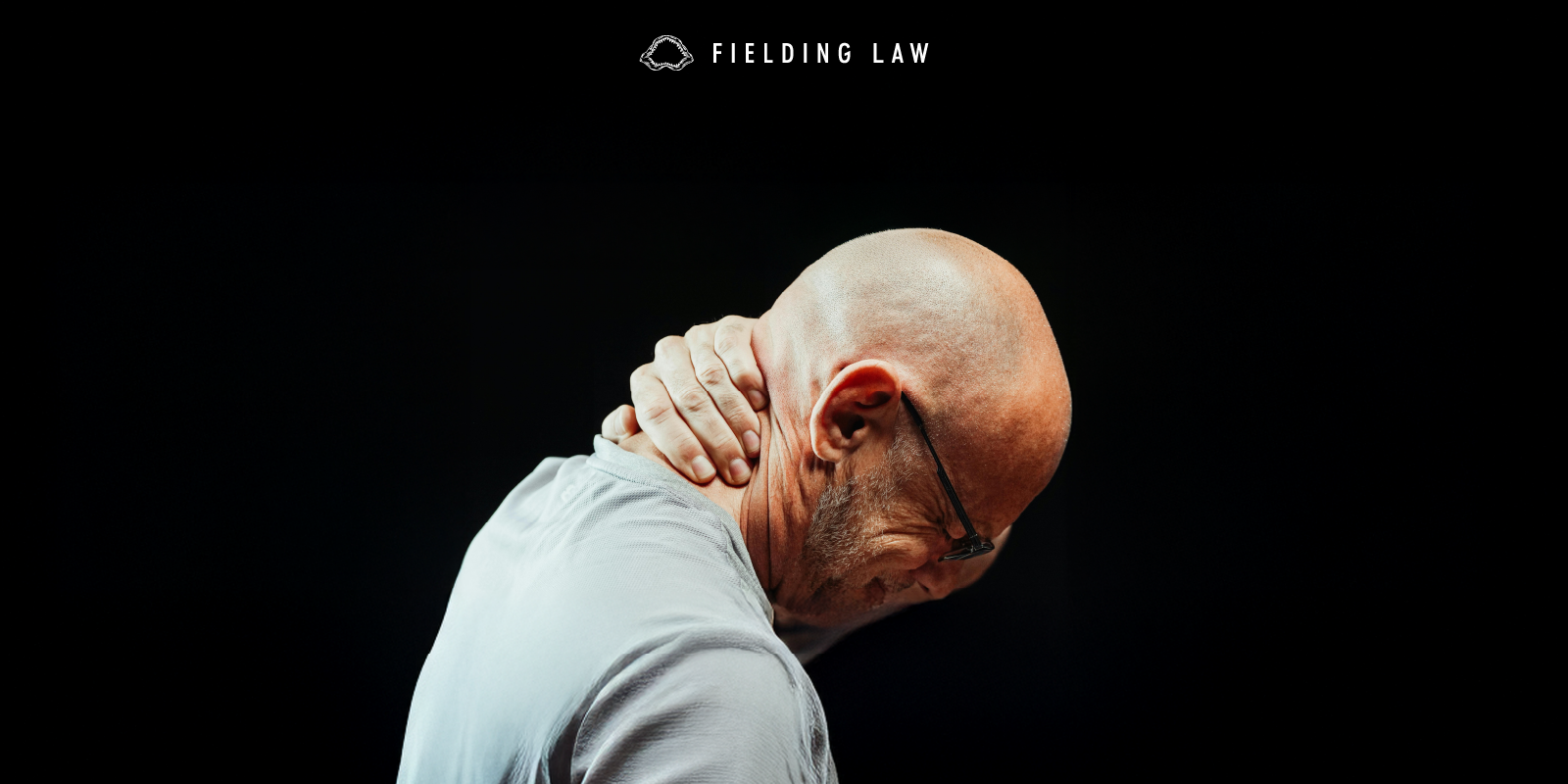If you experienced a car accident or a similar incident, you might be dealing with whiplash. This injury frequently results from collisions. Below, we answer some of the most common whiplash questions to help you understand your rights and recovery options.
1. What Is Whiplash?
Whiplash happens when the neck moves rapidly back and forth, often from rear-end car accidents or sports injuries. This sudden motion strains the neck’s muscles and ligaments.
2. What Are the Symptoms of Whiplash?
Common symptoms of whiplash include:
- Neck pain and stiffness
- Headaches starting at the base of the skull
- Shoulder or upper back discomfort
- Dizziness or fatigue
- Limited neck mobility
Seek medical care immediately if you notice these symptoms after an accident.
3. How Is Whiplash Treated?
Treatment for whiplash focuses on recovery and symptom relief. Common treatments include:
- Rest and physical therapy
- Pain relief through medication
- Heat or ice packs to reduce swelling
- Neck exercises to regain movement
Starting treatment early helps speed up recovery and reduces the risk of chronic pain.
4. Can Whiplash Cause Long-Term Problems?
In some cases, untreated or severe whiplash can lead to chronic pain, stiffness, or mobility issues. Addressing the injury with proper care lowers the chance of long-term complications.
5. How Can I Prove Whiplash in a Claim?
You can prove whiplash by documenting your injury and accident details:
- Get medical records that confirm the diagnosis.
- Take photos of visible injuries.
- Collect witness statements and accident reports.
Strong evidence supports your claim and strengthens your case for compensation.
6. Can You Get Compensation for Whiplash?
Yes, if someone else’s negligence caused your injury, you could receive compensation. Damages often include:
- Medical costs
- Lost wages
- Pain and suffering
An experienced attorney can guide you through the process and ensure fair compensation.
7. What Steps Should I Take After a Whiplash Injury?
- Visit a doctor immediately, even for minor symptoms.
- Document your injuries with photos and medical records.
- Gather evidence, such as accident scene photos and witness information.
- Contact Fielding Law for trusted legal advice.
Taking these actions helps you recover and protects your case.
Why Choose Fielding Law?
At Fielding Law, we prioritize our clients’ well-being with ethical and effective representation. Our knowledgeable team will guide you through each step with care and expertise. We know how overwhelming whiplash questions and injuries can feel, and we are here to help you pursue the compensation you deserve. Call 833.88.SHARK today to schedule your free consultation.
Note: Information provided is for educational purposes and does not constitute legal advice. Always consult with a qualified attorney for legal concerns.





